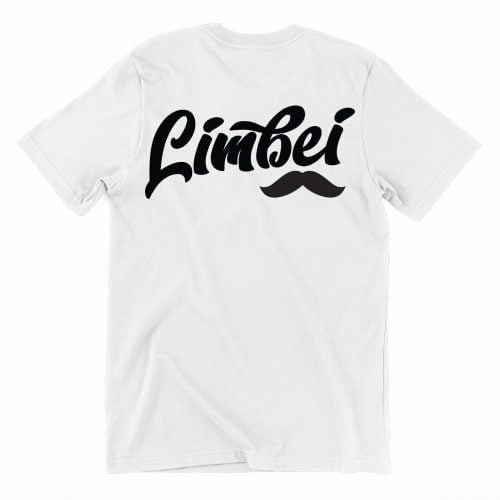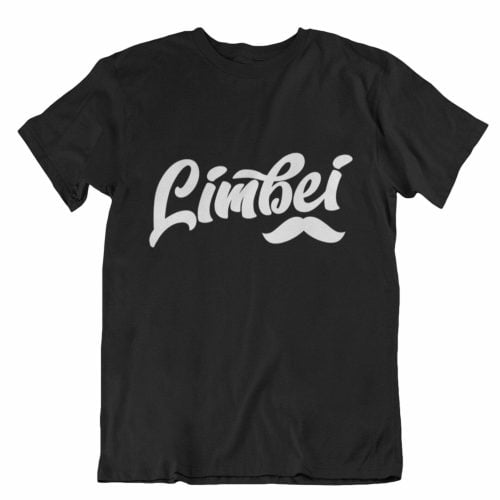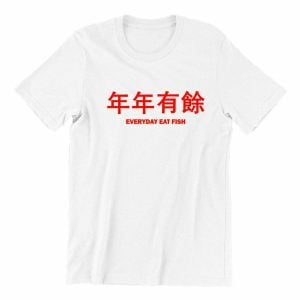What Does “Limbei” Mean in Singapore?
In Singapore, when someone drops the term “Limbei,” they’re not just casually referencing a local delicacy or a trendy fashion item. No, “Limbei” is a term deeply rooted in Singaporean slang that means “my father” in Hokkien, but with a comedic twist. It’s often used in a cheeky, exaggerated way to express frustration, exasperation, or to playfully assert dominance in a conversation. Think of it as the local version of “I’m the boss” but with a sprinkling of tongue-in-cheek humor. So, if you’re ever in a heated discussion and someone exclaims, “Limbei!” they’re not suddenly trying to introduce their dad to the conversation – they’re adding a bit of dramatic flair to the mix.
How Did “Limbei” Become a Common Singaporean Expression?
The term “Limbei” comes from Hokkien, a dialect widely spoken in Singapore. Originally, it simply means “my father,” but over time, it has evolved into a phrase that people use to inject a bit of playful bravado or mock exasperation into their speech. It’s become part of the local vernacular as a way to spice up conversations and show a bit of personality. Imagine someone in a heated debate dropping a “Limbei!” – it’s not just about making a point; it’s about adding some local flavor and humor to the situation.
When Is It Appropriate to Use “Limbei”?
- In Friendly Jokes: If you’re joking around with friends and want to add a bit of local flair, throwing in a “Limbei” can make your banter more entertaining. For example, “Why are you late? Limbei, the traffic was crazy!”
- During Heated Discussions: Use “Limbei” to lighten the mood in a heated discussion. It’s a way to diffuse tension and inject some humor. “Limbei, if you keep arguing like this, we’ll never finish our dinner!”
- On Social Media: Post a humorous update about everyday frustrations with a touch of “Limbei” to engage with friends and followers. Example: “Limbei, the queue for the MRT was insane today!”
- In Casual Conversations: When chatting about something minor that’s gotten on your nerves, adding “Limbei” can make the conversation more amusing. “Limbei, why did they change the menu again?”
How Can You Embrace the “Limbei” Spirit?
- Celebrate the Humor: Use “Limbei” to add a touch of Singaporean humor to your conversations. It’s a playful way to express frustration or assertiveness, so don’t be afraid to let it fly.
- Combine It with Local Slang: Mix “Limbei” with other Singaporean expressions to enhance your local flavor. It’s a great way to show off your knowledge of Singaporean slang and keep conversations lively.
- Share the Fun: Use “Limbei” in social media posts or during casual chats to engage with others who appreciate local humor. It’s a fun way to connect with friends and show off your Singaporean side.
- Keep It Light: Remember, “Limbei” is meant to be humorous and playful. Use it in a way that brings smiles and laughter, rather than causing any real offense.
What’s the Joy of Using “Limbei”?
The joy of using “Limbei” lies in its ability to turn ordinary conversations into something more entertaining. It’s a way to infuse a bit of local humor and personality into your interactions. By using “Limbei,” you’re embracing a piece of Singaporean culture that values wit and banter. It’s not just about the word itself but about the playful spirit it represents. So, the next time you’re looking to add some humor to your conversations, remember to let “Limbei” do the talking!
How Can “Limbei” Add Fun to Your Conversations?
Incorporating “Limbei” into your conversations can make them more engaging and fun. It’s a term that adds a layer of local charm and humor, perfect for lightening the mood or showing off your Singaporean pride. Whether you’re joking with friends, sharing a funny story, or just adding some flair to your everyday chatter, “Limbei” is a great way to make your conversations more lively and enjoyable. So go ahead, let “Limbei” spice up your interactions and bring a smile to everyone’s face!









